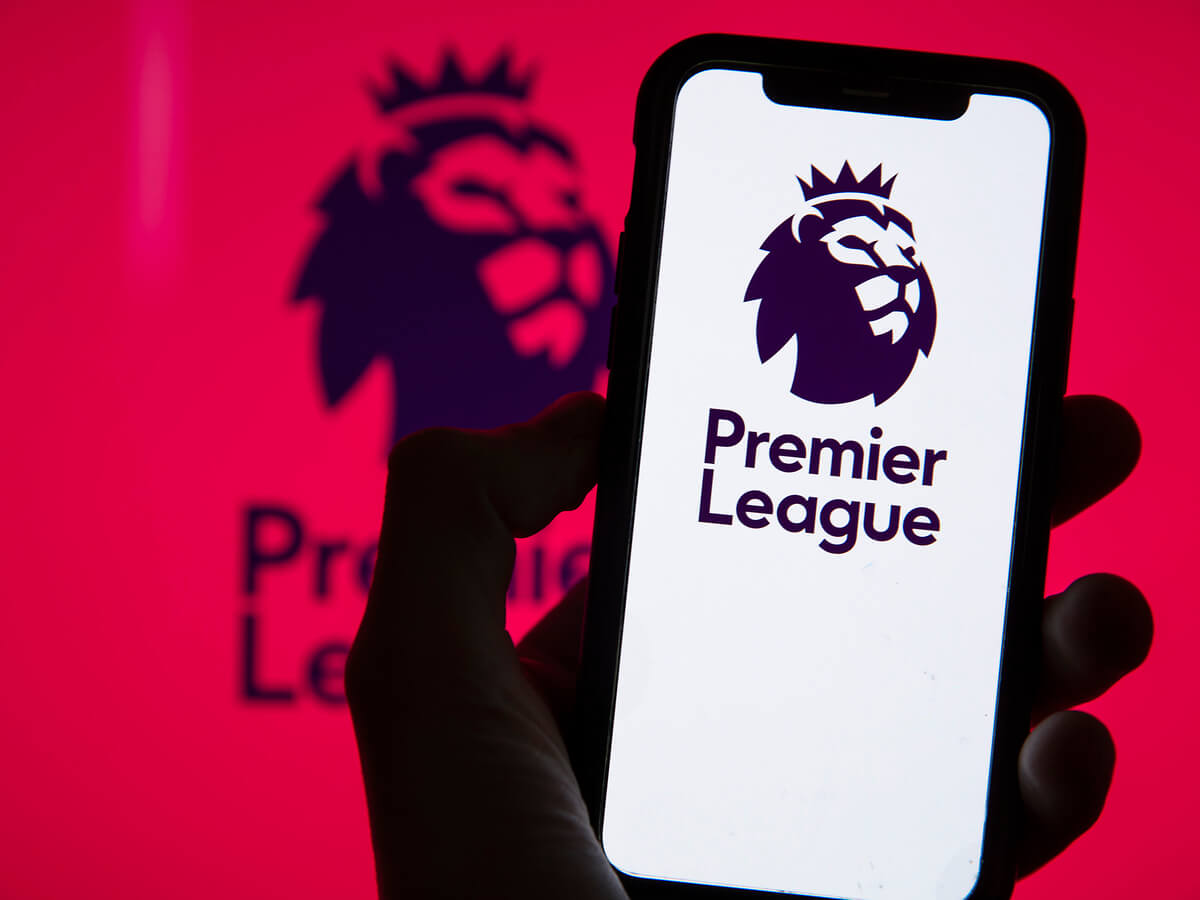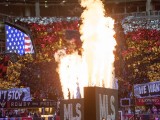The Premier League's announcement that betting platforms will no longer be permitted on the front of shirts from 2026/27 sent shockwaves through both the football and betting industries.
This decision has sparked a new wave of creative sponsorship strategies, as clubs and betting firms scramble to adapt and maintain their visibility and lucrative deals.
For years, gambling brands have been a prominent feature on club jerseys, and new deals are still being struck. West Ham are now sponsored by BoyleSports, Nottingham Forest by Bally's and several others have landed similar sponsorships.
The estimated total value of these sponsorships in the Premier League is substantial, and neither clubs nor betting firms are keen to lose out.
One of the fastest-growing areas of interest is partnerships with new slot sites entering the UK market. These operators, fully licensed and digitally savvy, are eager to build brand recognition through football partnerships.
The UK is not the first to implement such a ban. Spain and Belgium have already prohibited betting logos on kits, with the Jupiler Pro League attempting to introduce a similar ban since 2023. The response from clubs and bookmakers has been to look for loopholes.
Industry analysts predict that various tactics could be tried in England. Sleeve sponsorships, training kit logos, and rebranded affiliate companies are all likely to rise. Some clubs are even exploring eSports and fantasy football tie-ins with gambling partners to maintain exposure.
Another emerging tactic is moving advertising from the pitch to screens. With over 80% of bets now placed on mobile devices, betting companies see more value in reaching fans through apps, push notifications, and streaming integrations than traditional kit logos.
This shift is also influencing the type of promotions operators push. Instead of complex rollover offers, fans are increasingly seeing straightforward bonuses that can be claimed in-app. These no-wagering bonuses are designed to build trust and loyalty without confusion.
The landscape for football supporters is about to change. They may see fewer gambling logos on matchday broadcasts, but far more on their phones, social media feeds, and in club-branded apps.
Campaigners argue this still normalises gambling, while clubs insist it’s a balanced way to protect young fans from overt advertising while maintaining vital sponsorship income.
Ultimately, the Premier League ban may not end the presence of betting companies in football – it will just push them to innovate and find new tricks to stay visible. Whether that innovation benefits fans through safer, clearer promotions or simply shifts the spotlight from shirts to sleeves and screens, remains to be seen.












